Today I’m joining the blog tour for this year’s Swansea University Dylan Thomas Prize, which is awarded to writers in English who are aged under forty. This post looks at one of the longlisted titles, Losing the Plot, the second novel by Derek Owusu.
Losing the Plot is inspired by the journey of Owusu’s mother from Ghana to the UK. We get a sense of the impetus for this book from its epilogue, in which the narrator Kwesi conducts a “factless interview” with his mother – factless because she’s reluctant to answer his questions about her life in any sort of detail.
This means that Kwesi has to stretch his imagination in writing about his mother, leading to an account that’s fragmented and impressionistic, shifting between prose and poetry. Through this, there is a keen sense of the displacement felt by Kwesi’s mother. For instance:
She lifts her head, towel for tresses, watches as snakes of steam dance and fight to rise and fall,
condensing, dripping, drops dying and spreading,
reminding her tears cling to the face to live a little longer.
She brushes her teeth out of time with her reflection,
watches suds touch the porcelain prefering the scrub and ease of a chewing stick.
One striking aspect of Losing the Plot is its use of marginal notes. The mother’s account includes words and phrases in Twi, which come with their own sidenotes. Rather than provide a direct translation, Kwesi uses these notes to give his own observations. For example, one note begins like this:
Honestly, certain insults can’t even be translated and put into context that makes sense, you just have to feel the vim of the insult and know it’s devastating and it’s all gonna end with a scrap. Bro, I know this because I’ve seen it with my own eyes. She’s bare small so I didn’t even clock she can fight.
So, it seems the sidenotes are there not so much to open a door for the reader, as to help Kwesi bring himself closer to the story he’s trying to tell. In reading Losing the Plot, we are confronted by the limits of what we can and can’t know about another person’s life. It also becomes clear that there is an urgent reason for this story to be told, and together these help give Owusu’s novel its power.
Book published by Canongate. The shortlist for this year’s Dylan Thomas Prize will be announced on 23 March, with the winner to follow on 11 May.
Like this:
Like Loading...
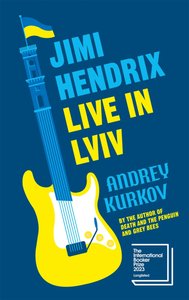
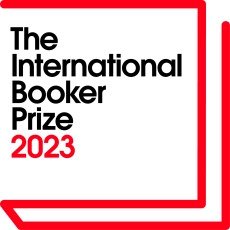

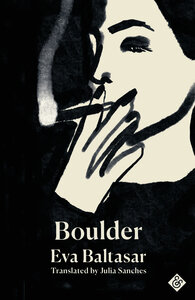
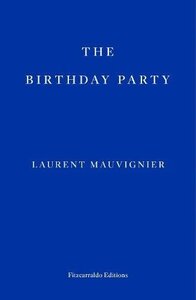
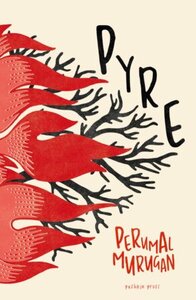
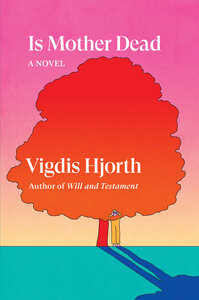
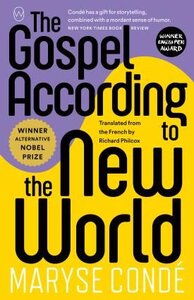
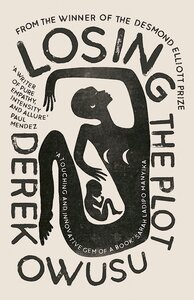
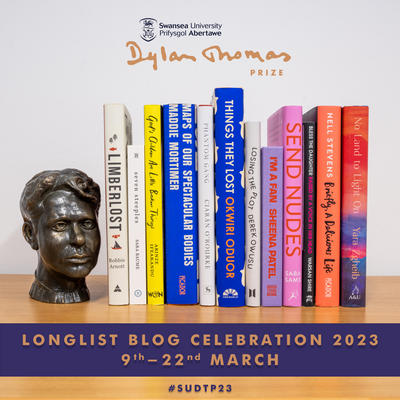

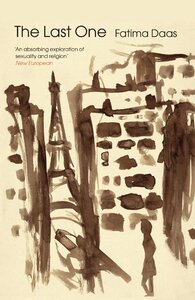
Recent Comments